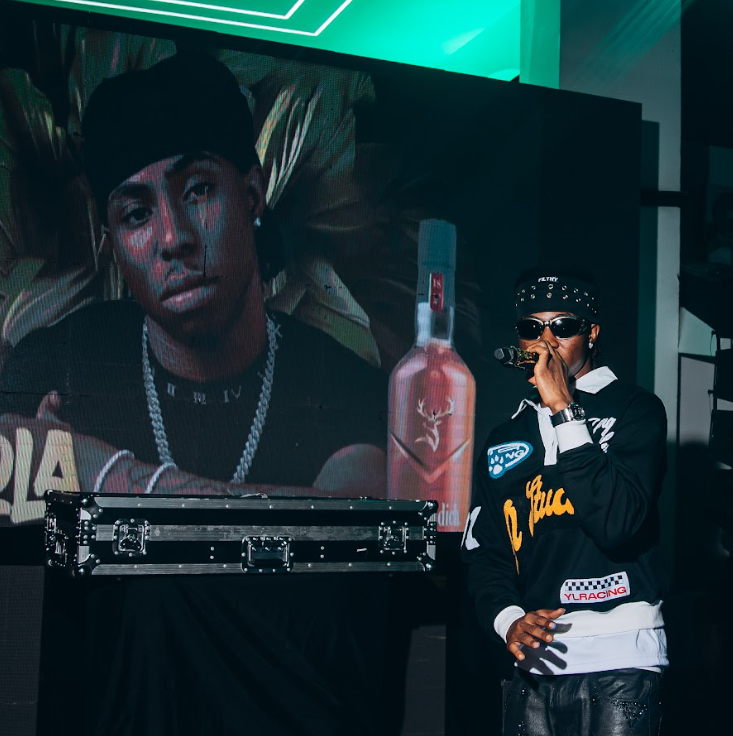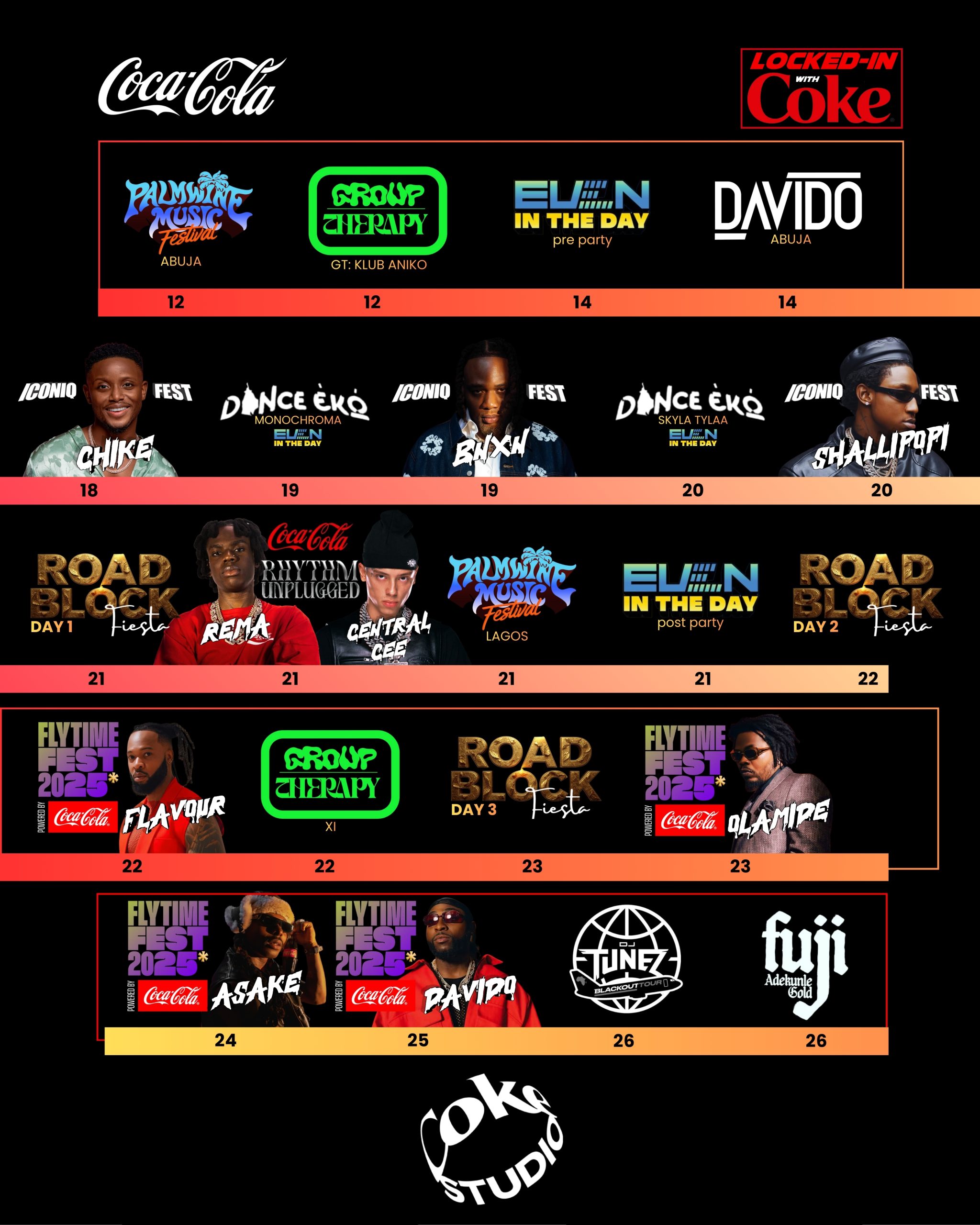1 in 4 Nigerians is affected by Sickle Cell Disease (SCD), either as a carrier or as a person living with the disease. Nigeria is the sickle cell disorder capital of the world, yet many of us don’t know much about the condition beyond the Precious Gaza debacle. According to the Sickle Cell Foundation, Nigeria has an estimated 50 million people who are genetic carriers and 6 million people living with the disease. However, many of these people get to live full, successful lives, including celebrities like:
- Laycon: 31-year-old rapper, singer and media personality who rose to fame in the ‘Lockdown’ edition of Big Brother Naija. While on the show, he revealed his sickle cell status. He has the genotype SC, which is a form of sickle cell disease that, while still serious, is generally not as severe as the more common HbSS type (genotype SS).
- Ade Adebisi: The British-Nigerian ex-rugby player is the General Manager/ Vice Chairman of the Nigeria Rugby League. He is the only known person living with SCD to have played rugby professionally, having played for the British Rugby League Association.
- Tosyn Bucknor: Tosyn was a renowned radio & TV host, singer/songwriter, , and social media content creator. Unfortunately, she passed away from complications of the disease in 2018, at the age of 37. Until her death, she ran the ‘These Genes’ Project to help people with SCD.
- Adekunle Gold: The 38-year-old Afrobeats sensation is possibly the most notable sickle cell warrior in the country. He revealed his struggles with sickle cell disease on his 2022 song, 5-Star, and has since started the Adekunle Gold Foundation, dedicated to raising awareness for SCD and distributing resources to charities working on sickle cell.

So, what even is Sickle Cell Disease?
Contrary to popular opinion, the name of the condition doesn’t refer to ‘getting sick all the time’. It is actually referring to the fact that the red blood cells (which carry oxygen in our bodies) are literally shaped like farming sickles (C-shaped), rather than the doughnut shape of typical red blood cells. These cells can clump together and become stuck in blood vessels, preventing oxygen from reaching some parts of the body, which leads to pain and fatigue, as well as several other complications. It occurs when a child inherits the gene from both parents who have the trait (any S or C in their genotype).
What you need to know:

- People with sickle cell disease are born with the condition. They didn’t get it through any fault of their own.
- They are not contagious. You can absolutely hang out with them and touch them.
- They can live normal lives and participate in activities others can, with limitations that vary on an individual basis. Basically, let each person tell you what they can or can’t do, and believe them when they say it.
- It is largely an invisible disability. Many people with sickle cell appear perfectly healthy while suffering from chronic pain and fatigue. Always remember that you never know what people are going through behind closed doors.
- The frequency of sickle cell crises varies from person to person. Some people experience them as little as twice a year, while others deal with them more often.
- The condition is not in any way a manifestation of spiritual attacks. You cannot pray your genotype away.
- Phrases like “Adekunle Gold is a sickle cell” or “is Laycon sickle cell?” are wrong. They only have the condition; they aren’t it, and it doesn’t define them.
Sickle cell symptoms you should be aware of:
This is not an exhaustive list, but these should be at the top of your mind to help you navigate having a friend, classmate or coworker with the condition.
- The pain episodes, a.k.a. ‘crisis’: Sudden, extremely intense pain that can hit anywhere in the body, without warning. They can be triggered by stress, dehydration, or weather changes, and last anywhere from a few hours to several days.
- Fatigue that is not relieved by sleep.
- Getting winded easily during activities that other people may handle fine.
- Frequent infections.
- Leg wounds (ulcers) that heal slowly.

What you can do:
- Fight the stigma. Do not ostracise them or discriminate against them for opportunities in employment, academics, or friendships.
- Don’t treat them like glass, even though you mean well. Check in and offer support when they’re not feeling their best, but fight the urge to coddle them and prevent them from living their best lives because of your worry.
- Avoid referring to them with derogatory terms such as “sickler”. Use ‘sickle cell patient’ ONLY when specifically speaking in a medical context. Otherwise, ‘people living with sickle cell’ or ‘sickle cell warriors’ should be your go-to terminology.
- Donate blood whenever you can. Sickle cell warriors are often in need of blood transfusions.
- Educate yourself about the condition, and raise awareness to educate others.
- Open your purse. Donate money to organisations that research the condition or directly support Warriors, like the Sickle Cell Foundation and the Adekunle Gold Foundation, or support anyone you know personally who lives with the condition with their medical expenses. Managing it is not cheap.
- Whenever possible, provide accommodations or workarounds for sickle cell warriors who let you know what their limitations are, for example, a very flexible work-from-home arrangement.
- For the love of all that is holy, do not say to/about a warrior or comment on their posts things like “your parents are very wicked”, “thank God this isn’t me”, or other such silliness.
- Know your genotype, and that of all current or prospective partners. If you are both carriers of the trait (i.e. you both have any S or C in your genotype), you absolutely should not procreate except if you have physical and economic access to the PGT-M process. If you, for whatever reason, have ethical concerns about abortions and/or medically assisted reproduction, simply find a different, non-carrier partner. Don’t come & be doing “had I known” with somebody’s life, abeg.




